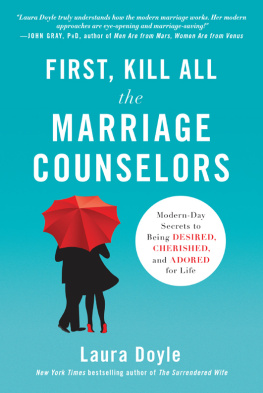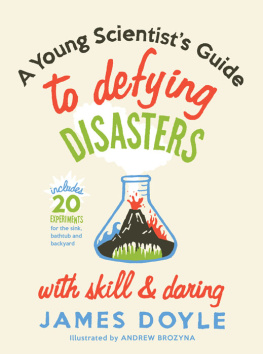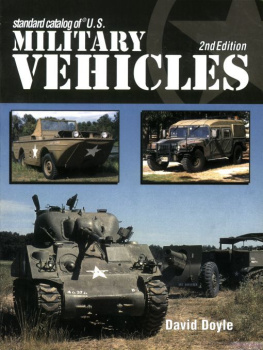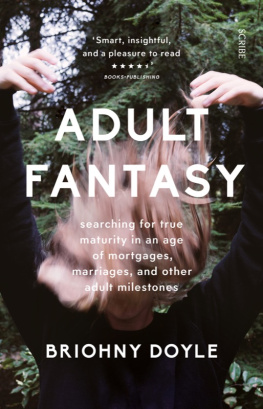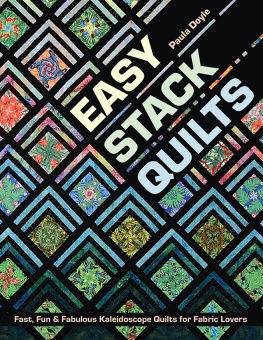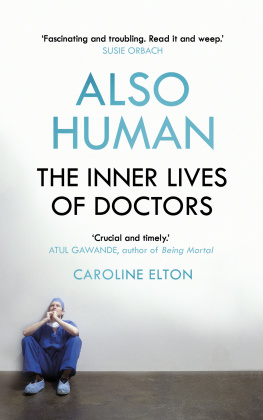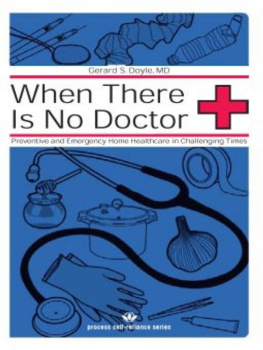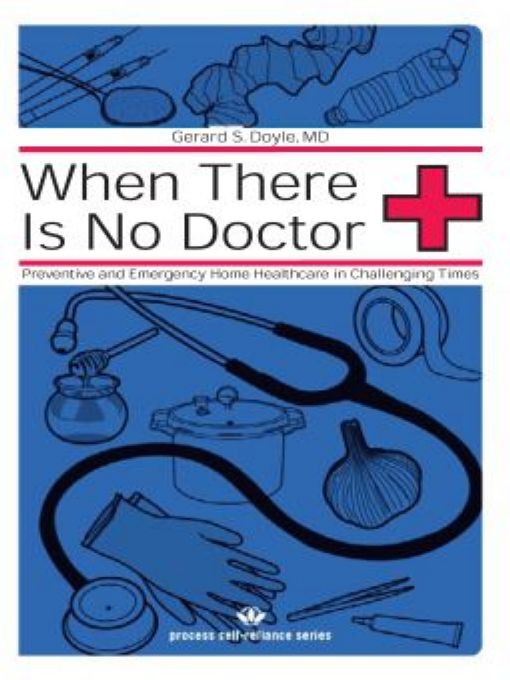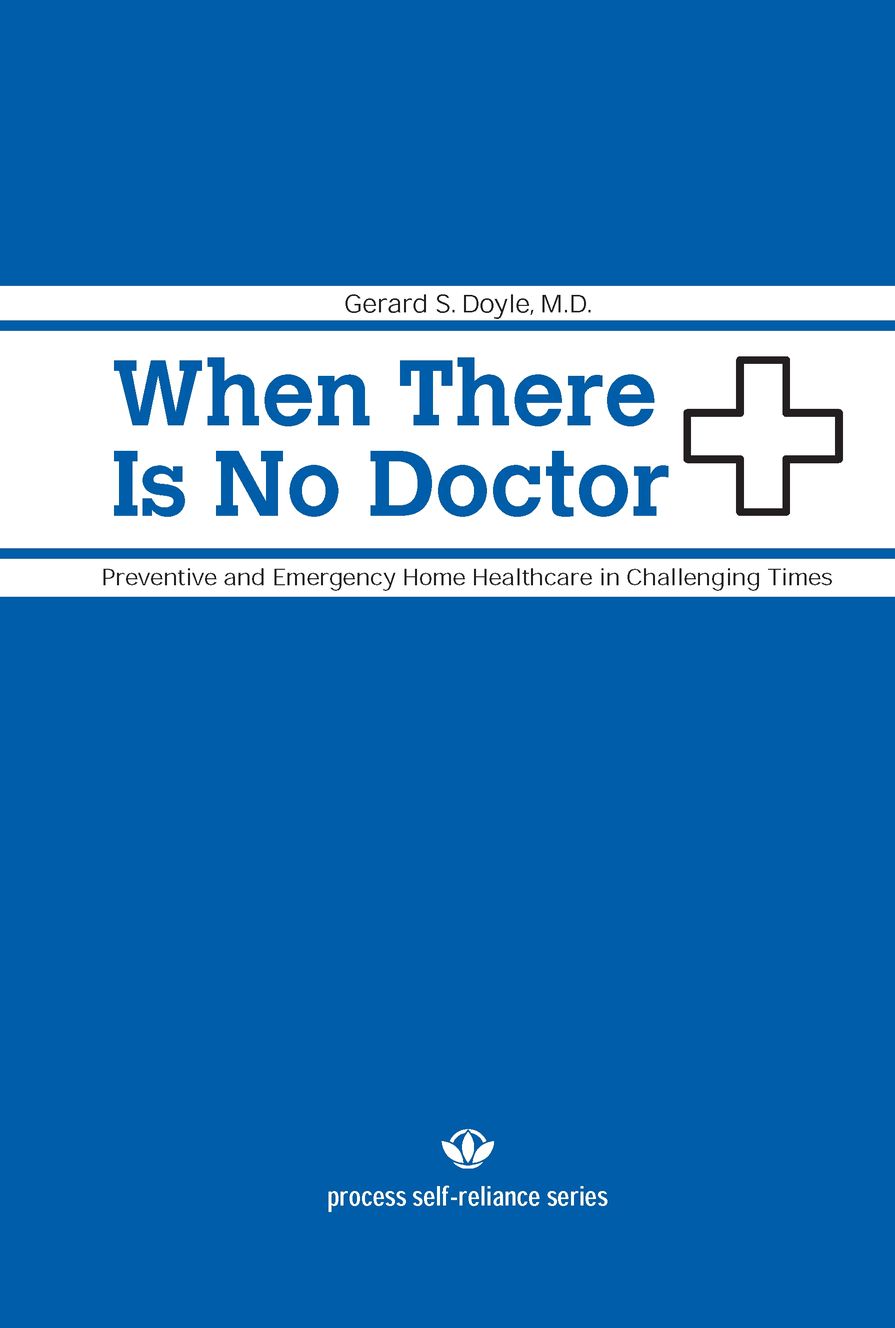Table of Contents
If he was but little greedy for possessions,
he was hungry for every skill.
Sinclair Lewis, Arrowsmith
My thanks go to Jodi and Adam at Process/Feral House for their faith in an untried author and their support as I learned how to write a book. Gary, the editor, and Greggs illustrations both made the book flow much better.
Above all, my undying love and gratitude go to my family. Thanks to Old Gringo for courageously demonstrating the most important lessons of this text. Our children have been our inspiration for so many things, including setting us on a path of trying to live more sustainably for them and their children. Most of all, my adoration belongs to Piper, my first editor and biggest booster! Her love and support have made everything possible.
Gerry Doyle
INTRODUCTION
Protecting and Restoring Health in Hard Times
IT IS A TYPICAL NIGHT IN THE EMERGENCY DEPARTMENT. THE WAITING ROOM IS FULL of patients, young and old, waiting to be seen by a doctor. Some of those waiting have family members there to help them while away the many hours before they can be seen. In many cases, those same family members are trying to succor the pain, to hold pressure on improvised dressings applied to wounds, or to get fluids down the throats of uncooperative, dehydrated children.
There is a strong odor of sweat and disease in the room. People not able to bathe or wash their clothing with soap for some time languish in their own filth. In addition to the stench, tension hangs in the air. Security presence is pointedly visible in hopes of keeping a lid on the simmering hostility the patients and their loved ones direct toward the staff.
Despite waiting a long time in these conditions for care, most patients are told by the nurses that there is nothing that can be done for them. Simple therapies like aspirin or Tylenol for fevers, or antacids for stomachaches are sometimes available. Patients moan in pain because of the severe shortages of narcotic pain medications and rationing of supplies in general. Those in need of treatment for more severe conditions may be admitted to the hospital, but the shortages of supplies and staff are just as acute on the inpatient wards. Diseases go undiagnosed and patients are left untreated.
The doctors at the hospital can only shrug and continue to write prescriptions they know pharmacists cant fill, as the medicine shortage is nationwide. Materials like surgical gloves and sutures are severely limited and many supplies once considered disposable need to be recycled for repeated use.
Some people are lucky because they can afford to go to clinics where their hard currency can be used to purchase needed supplies, and a few other clinics had the foresight to stockpile extra supplies in advance, but for the most part, few health care services are running at their previous levels.
Shortages of parts and energy have made ambulance services unavailable in most of the country, even the capital city, and have rendered tap water unsafe, forcing people to boil their water prior to drinking it. With garbage trucks idled, the trash sits uncollected on the streets for months.
Taken together, these changes have led to a decline in hygiene as well as serious setbacks in nutrition. Overall health suffers; infant mortality rates climb, and the death rate of the elderly increases by 20%. Fewer women choose to have babies due to poverty, but those who do are not spared, as maternal mortality almost doubles.
ALTHOUGH THIS NIGHTMARISH SCENARIO SEEMS FAR-FETCHED, IT ACTUALLY DIDhappen. This grim picture describes the so-called special period that occurred in Cuba in the 1990s following the collapse of the Soviet Union, on which Cuba was so dependent for material and economic as well as political support. Cubans responded with local action, growing food and medicinal plants in vacant lots and other urban areas, and health care workers reused and repurposed their supplies.
We must recognize that even under the best of circumstances, our system is as vulnerable as that of Cuba, or Argentinas during the 2002 economic crisis in that country.
More bluntly, as recipients of health care we are largely dependent on the hierarchy of medicine. Information that was once common knowledge has been obscured by the specialization inherent in modern, technologically intensive society. Previously, people were the ultimate generalist, able to largely provide the things they needed to survive for themselves, including health care. Although the self-care measures they applied may seem primitive, quaint and sometimes even danger-ous now, knowledge had filtered down to a man-on-the-street level for many conditions and medical interventions.
Nowadays, medicine has become so specialized that not only are doctors unable to keep up with all areas of medicine, but their patients are also unfamiliar with many of these issues. These so-called hidden hierarchies can be deleterious to your ability to obtain good health advice if youre not proactive.
Despite the recent debate and onslaught of various bills that aim to bring wider access to health care (or insurance), the knowledge in this book will help you navigate life in a more healthy manner, helping you in your interactions with the health care system, your doctor, and other health care providers.
THIS IS A BOOK ABOUT SUSTAINABLE HEALTH, PRIMARILY HAVING TO DO WITH your health and what you can do to protect it, in bad times certainly, but also hopefully in good. I will narrow the focus to cover an unusual and perhaps provocative topic: how to help you ensure the health of those you love, yourself and, should you so choose, your community, when the world changes. World may come to mean your little town or the whole globe. It could change for a few days or weeks, or for a few years, or forever. It could change because of a flood, financial crisis, flu pandemic, or failure of our energy procurement, production or distribution systems.
I will not teach you to be a medical MacGyver, the lone survivalist who anticipates doing an appendectomy on himself or a loved one on the kitchen table with a steak knife and a few spoons, although I will discuss techniques of austere and improvised medicine for really hard times. My goal is to cover the crucial topics for preparedness and self-reliance when it comes to your health.
Maybe your ethics demand that you become aware of how to live a healthy lifestyle in a more ecologically conscious manner. Alternatively, you may want to know more about providing care beyond simple first aid, or how you can make lifestyle changes to improve your life despite the presence of a chronic disease. More importantly, I want to make you aware of and excited about the importance of sustainable health, and inform you about the resources available to help you start making the changes needed to move towards sustainability.
Regardless, after reading this, you will have a better understanding of how to plan and prepare for a variety of bad times, what disaster response planners call an all hazards approach to preparedness. My hopes in writing this are that you never have to use the information contained here. I hope that this information will be used to improve your baseline health so you can continue to lead a happy, long and productive life. In the event that the fecal matter hits the oscillating air circulator, I hope the mastery of the skills presented here, plus the planning done based on this information, will help you and your family make it through any rough times relatively unscathed.


